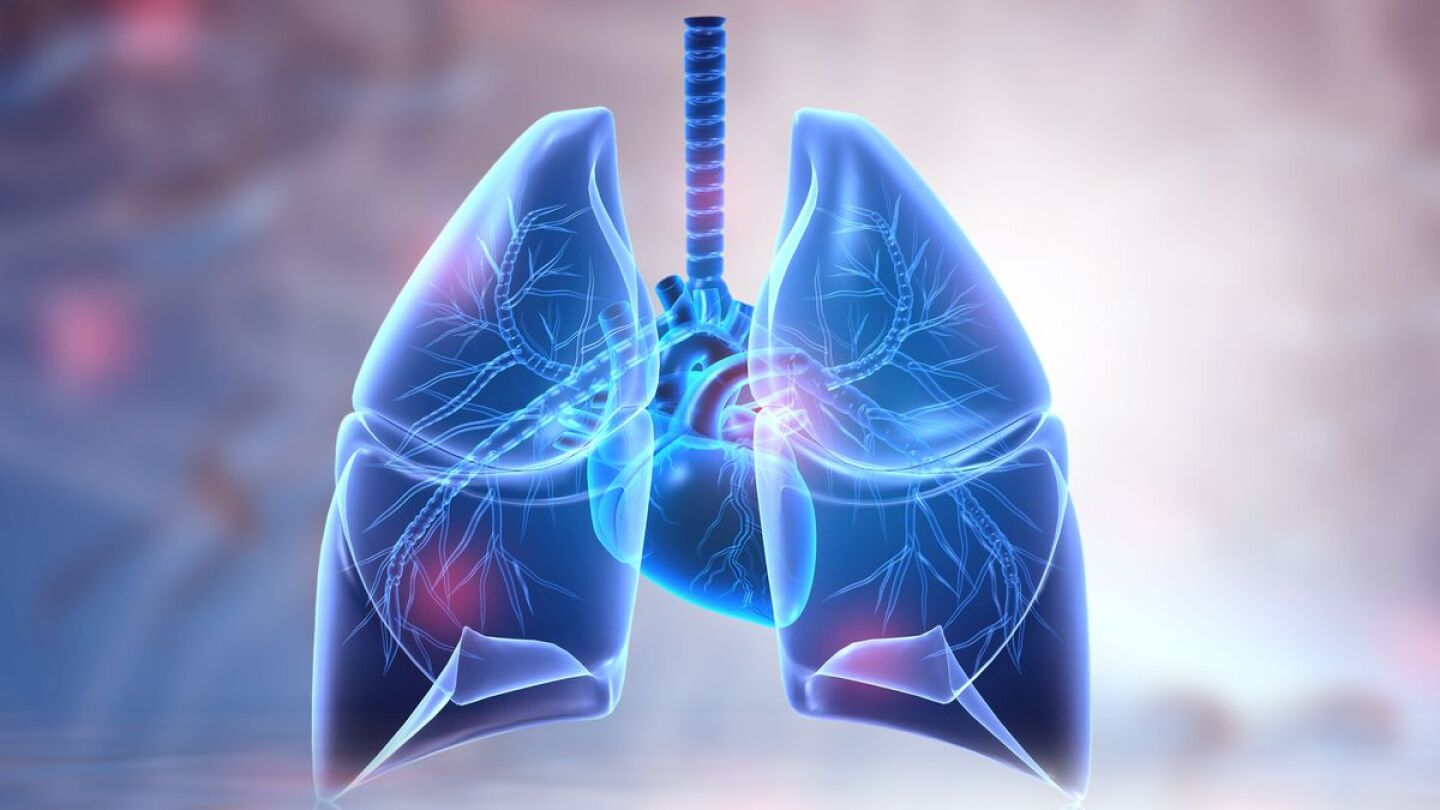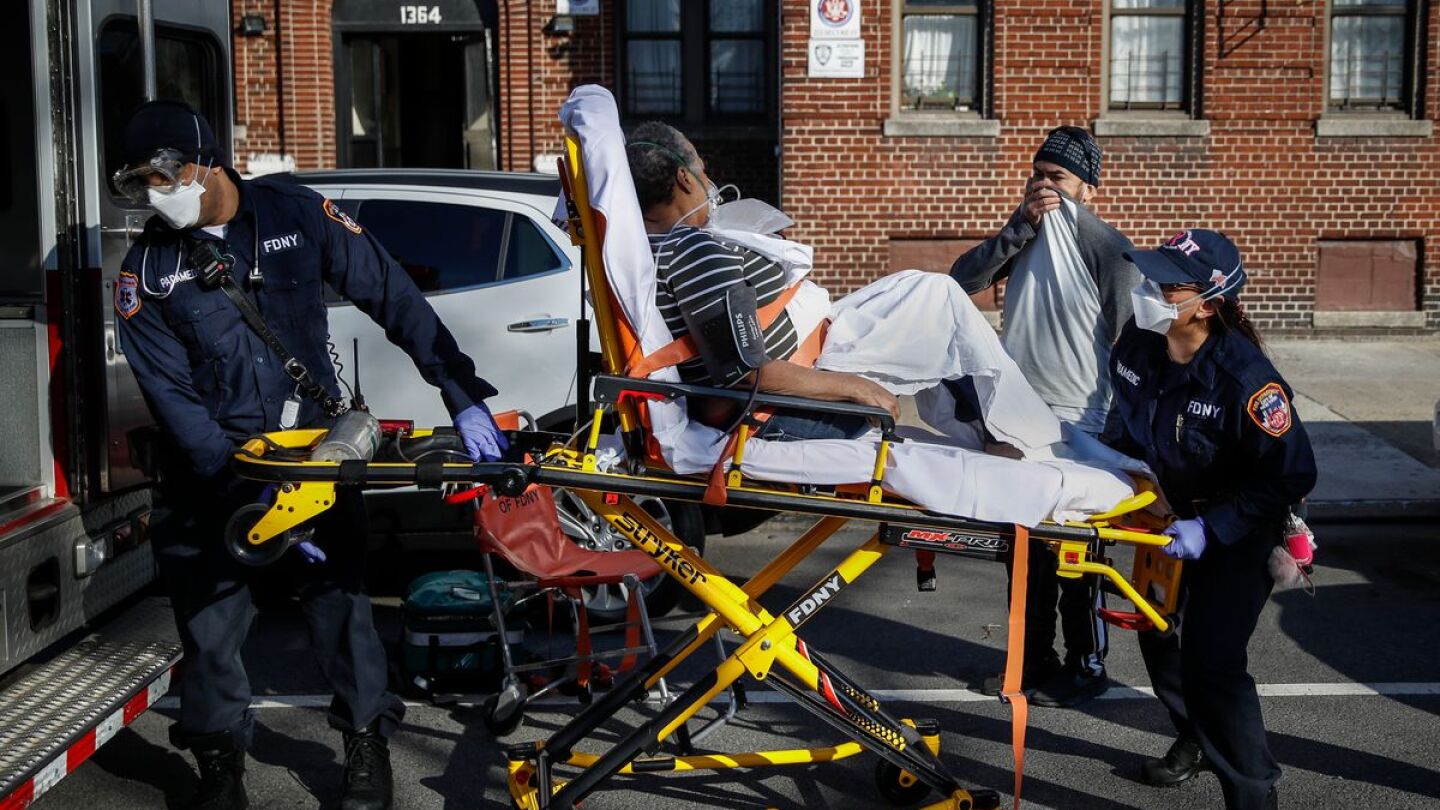Clinical
Access our directory of clinical articles in EMS, which offers in-depth information on patient assessment, treatment protocols, and emerging medical practices. This collection covers various clinical topics essential for EMS professionals, from advanced pharmacology to trauma management. Staying up-to-date with clinical knowledge is vital for delivering high-quality patient care. For additional resources, explore our section on Medical Research. Enhance your clinical expertise with our expert-driven content.
MCHD achieves 250% increase in FSED transports, a sustained change that benefits all stakeholders
First responders need to train for prolonged patient care for the calls when ambulances are delayed or unavailable
Success rates of proximal tibia IO placement in pediatric patients as determined by post-mortem CT
“Should paramedics be intubating? Why not just use a supraglottic airway?”
RICE, rapid transport and a quick fridge check can change the outcome before a bleeding disorder turns into a major emergency
A month after his son initiated CPR for his first SCA, Wayne Kewitsch suffered a second medical emergency while driving
In some cases, our medical monitoring equipment alert is the precursor to a rapidly deteriorating patient who appears normal
In this eBook, learn about optimal patient positioning, securing an airway with facial trauma involvement and the benefits of the bougie in airway management
It’s 2026 — why do pediatric calls still make us sweat?
Successful airway management is the culmination of preparation, practice and technique mastery
Tips for navigating prehospital airway management techniques and challenges
Small changes to how EMS approaches airway management and ventilation can make big differences in OHCA outcomes
EMS providers debate whether making IV acetaminophen the first-line option improves patient care or limits provider judgment
You are on scene with a patient who has sustained a significant injury; how do you decide whether to use red lights and sirens?
If alpha and beta receptors make you panic, listen to this
The jury may start after the sirens have stopped.
Sarasota County Fire Department has removed opioids from front-line apparatus and now uses IV acetaminophen to treat moderate to severe pain in the prehospital setting
Research focuses on how care delivery may differ based on a patient’s ethnicity and race.
During a time of racial tension and social upheaval, the movement helped form the foundations of the pre-hospital care we’re used to today
You are the first arriving unit to a potentially chaotic scene; does your scene size-up for other units measure up?
Move with purpose to prevent an apparatus crash, slip or fall, and protect the patient from increased discomfort
When assessing and treating patients in a cold environment, do these simple things to help prevent heat loss and improve heat retention
What happens when textbook physiology meets the back of the ambulance
Dr. Maia Dorsett on why complete vital signs and avoiding TBI complications matter more than rare “sexy” procedures
Research Monitor
Lessons in preparing for high-risk intubations and avoiding peri-intubation hypotension
Go back to the basics with a thorough understanding of pediatric appearance, breathing and circulation warning signs, and the cardinal rule of pediatric assessment
Understand how monitoring tools can be used to guide treatment for COPD exacerbations
How to assess and when to transport patients injured by tear gas, pepper spray or rubber bullets
The city of Southfield agreed to pay $3.25 million to settle a lawsuit tied to the 2020 Timesha Beauchamp case, in which she was pronounced dead by paramedics and later found alive at a funeral home






























